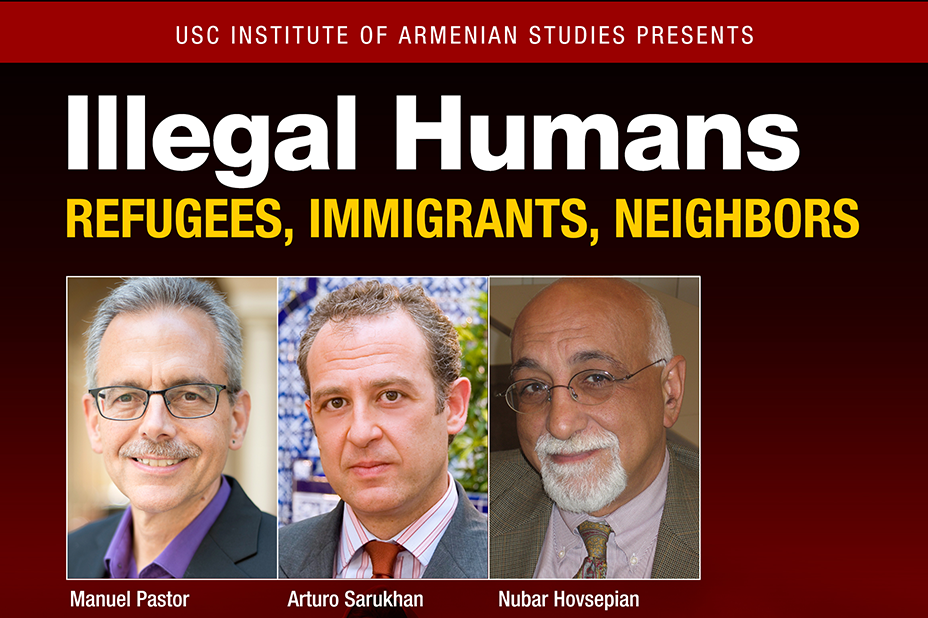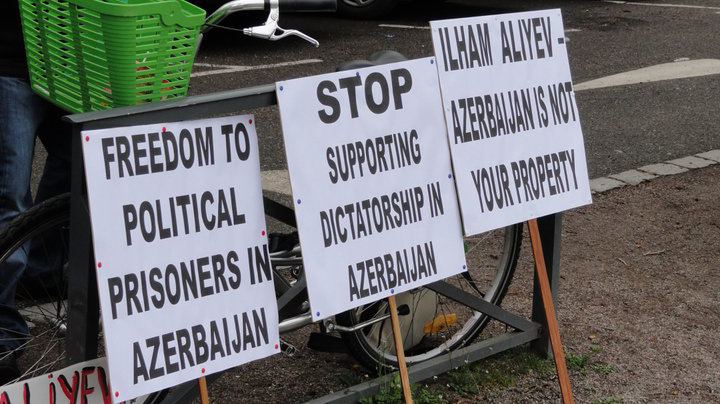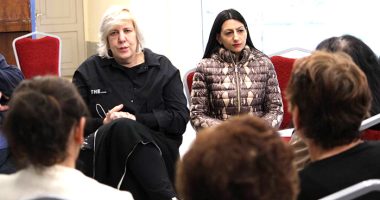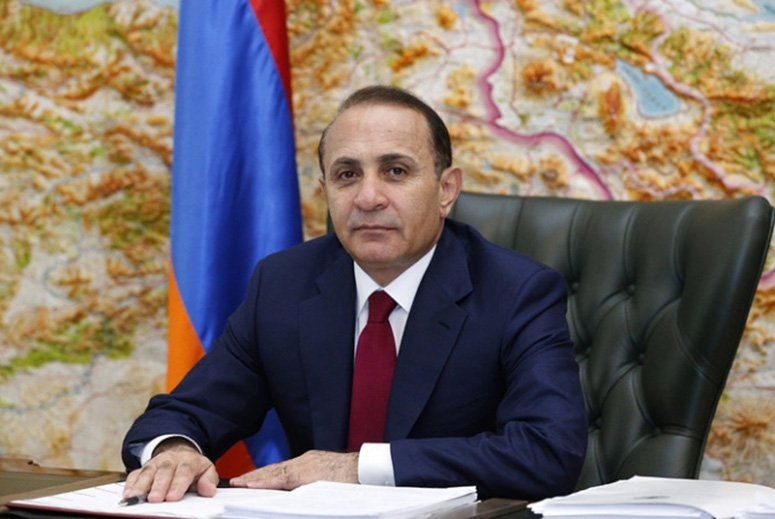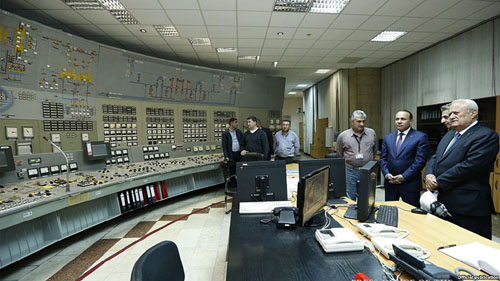LOS ANGELES — In an attempt to better understand this 21st century human rights catastrophe, on February 4 the USC Institute of Armenian Studies will be hosting “Illegal Humans: Refugees, Immigrants, Neighbors.” Ambassador Arturo Sarukhan and Chair of Political Science at Chapman University, Nubar Hovsepian, will be In Conversation with Director of the USC Center for the Study of Immigrant Integration, Manuel Pastor. The discussion will take place at 12 noon at USC Ground Zero Coffeehouse and lunch will be served.
Arturo Sarukhan served as Mexico’s Ambassador to the U.S. from 2007 to 2013. His Armenian and Catalan grandparents were all refugees and he speaks about today’s refugee and immigration situation often, especially on Twitter. In fact, he is credited for becoming the first Ambassador in Washington D.C. to have a personal Twitter account. Ambassador Sarukhan is a Distinguished Visiting Professor at the Annenberg Center for Public Diplomacy, a Distinguished Diplomat in Residence at the Woodrow Wilson Center, and a Senior Fellow at the Brookings Institution.
Manuel Pastor is a Professor of Sociology, American Studies, and Ethnicity and the inaugural holder of the USC Turpanjian Chair in Civil Society and Social Change. He is the Director of the USC Program for Environmental and Regional Equity and the Founding Director of the Center for Justice, Tolerance, and Community at UC Santa Cruz. In 2012, Professor Pastor was awarded the Wally Marks Changemaker of the Year award from the Liberty Hill Foundation.
Nubar Hovsepian is a professor of Political Science and International Relations, teaching courses on Globalization, Democratization, Middle East Politics and Conflict. From 1982 to 1984, he has served as Political Affairs Officer for the United Nations Conference on the Question of Palestine.
His recent publications include Palestinian State Formation: Education and the Construction of National Identity and The War on Lebanon.
“USC’s Provost Michael Quick refers to a university’s responsibility to tackle the Wicked Questions of our time. And migration — forced or voluntary, temporary or permanent — is certainly one of those issues. In the 21st century where borders and distances have far less significance, our differences and our attitudes about differences have taken center stage in much of the discussion. So, a topic that can be studied from the perspective of economics, international relations, sociology, has also become an urgent matter of exploration for ethicists, humanists and legal experts. Armenians continue to be refugees, immigrants and neighbors around the world, and the Institute is pleased that these three scholar / experts who have themselves lived the process of migration are here with us to tackle this global topic,” says Salpi Ghazarian, director of the USC Institute of Armenian Studies.
The talk will be live streamed at http://tinyurl.com/illegalhumans so those who can’t attend can watch. The video of the discussion will be available on the Institute’s YouTube Channel at https://www.youtube.com/channel/UCztb58eHRnyv76YnMjqsFRg.

